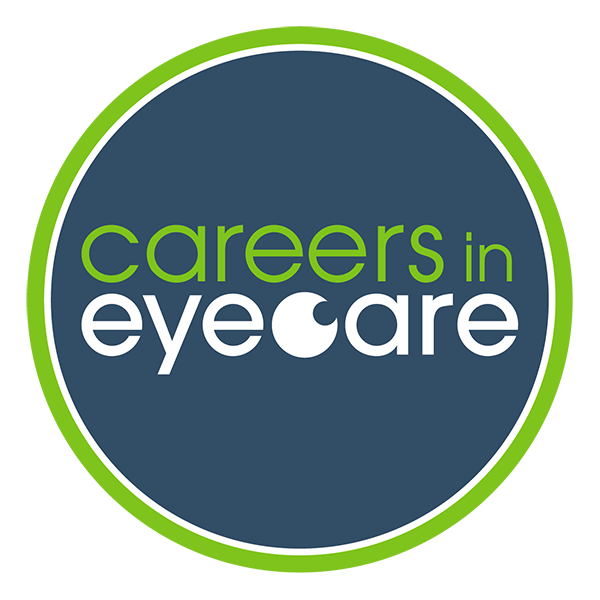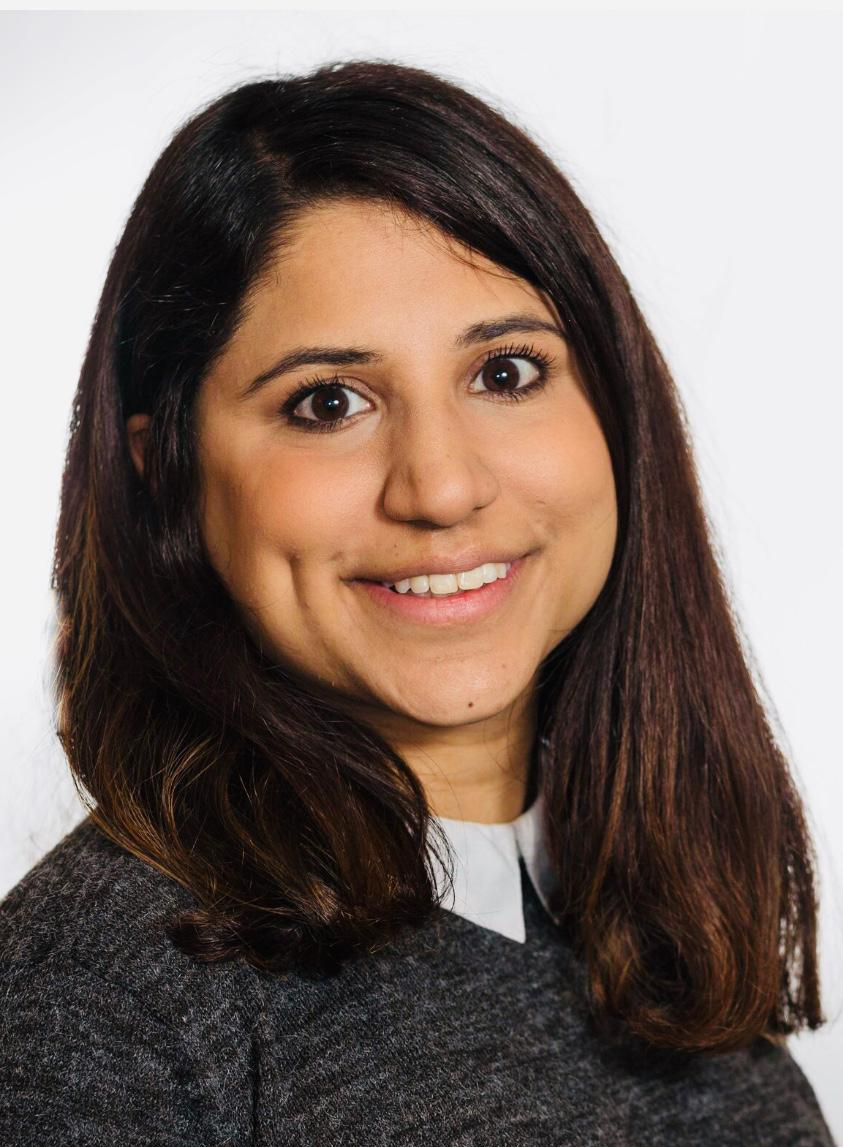Dr Meera Radia is an ophthalmologist at Moorfields Eye Hospital in London and the founder of digital platform PocketEye
What motivated you to become an eye doctor?
As early as I can remember, I was fascinated by the blend of surgery with medicine that ophthalmology brings. I remember watching a television documentary about charity eye camps when I was a child. Seeing how you can positively impact someone’s life through a simple cataract operation really motivated me to learn more. I did an ophthalmology placement in sixth form and found the gadgets to measure the most intricate structures of the eyes so fascinating.
I learned that ophthalmology is the most tangible and satisfying specialty. A patient will present to you with symptoms, you can directly see into their eye, diagnose them on the spot, and offer treatment. In one day, you can remove a patient’s cataract enabling them to go from being blind to being able to see.
How did you come up with the idea for your business?
PocketEye is a cloud-based digital triage and communication platform for eyecare professionals and patients, connecting optometrists with ophthalmologists for instant access to advice and guidance, diagnostic support and image reports, such as OCT scans, visual fields and fundus images. It enables eyecare professionals in primary care to communicate directly with hospital specialists.
I was working in eye casualty one day. Patients were waiting over six hours. I realised most had been referred as emergencies but up to 50 per cent of referrals could have been prevented. Their care could be managed by professionals in hospital and the community working together.
My sister is an optometrist and would phone me regularly for general advice and teaching, as she felt there was a gap in her knowledge, and her colleagues’, about when to refer to hospital. I scribbled down a list of ideas I had that could solve this problem, spoke to a lot of professionals affected by these healthcare delivery challenges, and eventually, PocketEye was born! We now have a partnership with Hoya Vision Care and have over 500 optometrist subscribers.
What does your working week look like?
I split my week, half on clinical work and half for PocketEye. Clinical time involves performing cataract surgery on adults who tend to have complex ophthalmic conditions, such as uveitis (inflammation of the eye). I see patients in eye casualty or medical retina clinics and manage the timetables and rotas of 50 to 60 doctors at Moorfields Eye Hospital.
I also attend several departmental teaching sessions on eye diseases, and occasionally lead lectures. My role also involves teaching junior surgeons and medical students.
For PocketEye, I meet our team for updates in a co-working office space in London, and typically pitch our business to several commercial directors/CEOs. I also work with our tech team to hone our product so it functions best for users.
Every few weeks to months, I attend ophthalmology conferences to present PocketEye’s research and data. PocketEye has won many awards and has several partnerships with optical industry leaders, so we are always liaising with business, sales and marketing teams.
What do you love about what you do?
I love the blend and variety of my working week. No two days are the same. I could be performing complex surgery on a patient’s eye on Tuesday, mapping the entire European eyecare market on Wednesday and speaking to the CEO of a large medical technology company on Thursday.
My clinical job helps me appreciate the patient journey better, putting myself in their shoes and interacting with them on an almost daily basis. My business role is more public health-focused. I take a holistic approach to UK eyecare, trying to understand the dynamics of the market. Each position provides a unique perspective and enables me to understand stakeholders better.
Any tips for health professionals with a business idea?
You really should go for it. Even if it won’t work, at least figure that out before giving up! Knowledge is key. Research your market heavily, get out there and speak to people. That’s the best and fastest way to learn. Once you have a grip on what the key problems and challenges they face are, think about the best solution that would make their lives easier. Remember to leverage your network and say ‘yes’ to opportunities as you never know where it might lead you.

